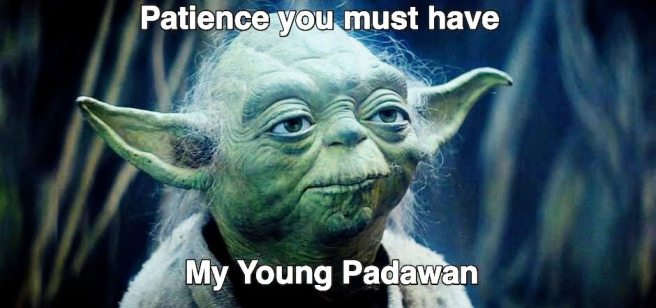- Joined
- Apr 20, 2018
- Messages
- 10,257
- Reaction score
- 4,161
- Location
- Washington, D.C.
- Gender
- Undisclosed
- Political Leaning
- Undisclosed
What is it with social media writers that they seem to eschew punctuation marks?
Fairly often, I find myself reading a sentence -- on DP or elsewhere on the Internet -- and, in trying to make sense of what the writer wrote, I have to try to suss whether s/he meant to include a comma "here or there" because absent a punctuation mark somewhere in the sentence, it's near incomprehensible. Now I haven't any specific examples to offer just now; however, I can offer an illustration of the impact punctuation marks have on a sentence's meaning.
Earlier today I posted this meme:

That sentence has very different meanings if one puts but one comma in it.
In any case, punctuation carries meaning just as words do; thus it's just as important as one's diction.
Fairly often, I find myself reading a sentence -- on DP or elsewhere on the Internet -- and, in trying to make sense of what the writer wrote, I have to try to suss whether s/he meant to include a comma "here or there" because absent a punctuation mark somewhere in the sentence, it's near incomprehensible. Now I haven't any specific examples to offer just now; however, I can offer an illustration of the impact punctuation marks have on a sentence's meaning.
Earlier today I posted this meme:

That sentence has very different meanings if one puts but one comma in it.
- "Patience you must have my young Padawan." --> This means "have patience, Padawan."
- "Patience, you must have my young Padawan." --> This sentence means nothing remotely like the one in above bullet. Does Patience agree that she must have the speaker's young Padawan? What does the speaker's young Padawan think about being had by Patience? I really don't know....I just know that comma makes there be three people/characters -- the speaker, Patience and Padawan -- involved in something.
- Were we not to have the context the image provides, we would know only that Padawan is a person, places or thing that has a name, and in that case, "Padawan" could be be the name of an thing, a horse or a town, for instance, rather than a person.
- I love my parents, Janet Jackson and Kermit the Frog.
I love my parents, Janet Jackson, and Kermit the Frog.
In any case, punctuation carries meaning just as words do; thus it's just as important as one's diction.
